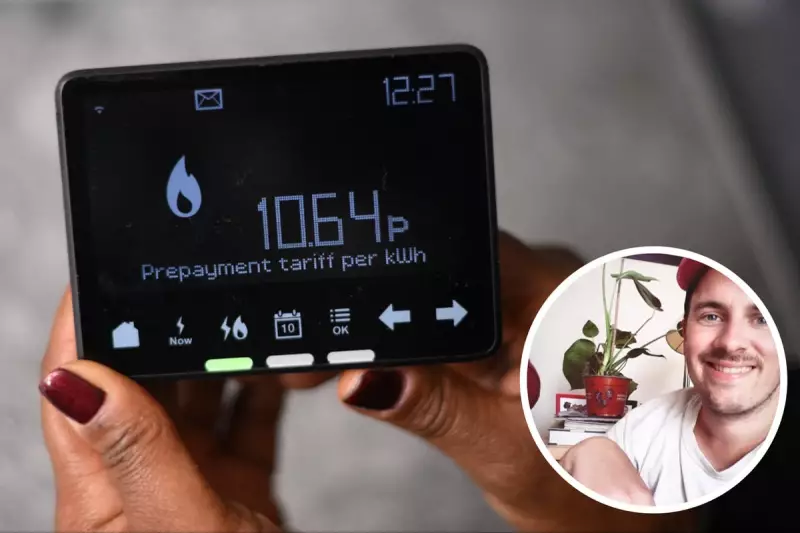
Millions of British households could be sitting on unexpected cash reserves without even realising it - and it's all hidden in their energy accounts. With energy prices remaining stubbornly high, many consumers are overlooking significant credit balances that rightfully belong to them.
Are You Owed Money?
Recent analysis reveals that energy suppliers across the UK are holding substantial credit balances from customers who've overpaid on their bills. This typically occurs when direct debit payments are set too high compared to actual energy usage, creating a growing surplus in your account.
How to Check Your Energy Credit
Checking whether you're owed money is simpler than you might think. Follow these straightforward steps:
- Review your latest energy statement - either online through your supplier's portal or your most recent paper bill
- Look for the 'account balance' section - this will clearly indicate whether you're in credit or debit
- Contact your supplier directly if you're unsure how to interpret your statement
When You're Entitled to a Refund
Energy regulations state that if your account shows a credit balance, you have the right to request a refund at any time. However, suppliers often recommend maintaining a small buffer, typically around one to two months' worth of payments, to cover seasonal usage variations.
The Refund Process Made Simple
Claiming your money back is remarkably straightforward. Most major suppliers, including British Gas, E.ON Next, Octopus Energy and EDF, offer multiple channels for refund requests:
- Online account portals with dedicated refund request features
- Mobile applications with instant messaging support
- Telephone customer service lines
- Live chat services through company websites
What to Expect After Requesting a Refund
Once you've submitted your refund request, suppliers are typically required to process payments within 10 working days. The money will usually be returned to the bank account from which your direct debit payments are made, though alternative arrangements can be made if needed.
Smart Energy Management Tips
To avoid building up excessive credit in future, consider these practical steps:
- Provide regular meter readings to ensure accurate billing
- Review your direct debit amount annually based on actual usage
- Consider switching to smart meters for real-time consumption tracking
- Monitor your account balance quarterly to spot credit building early
With many households facing financial pressure, claiming back energy credit you're owed could provide welcome relief. Don't let your money sit idle in an energy supplier's account when it could be working for you.





